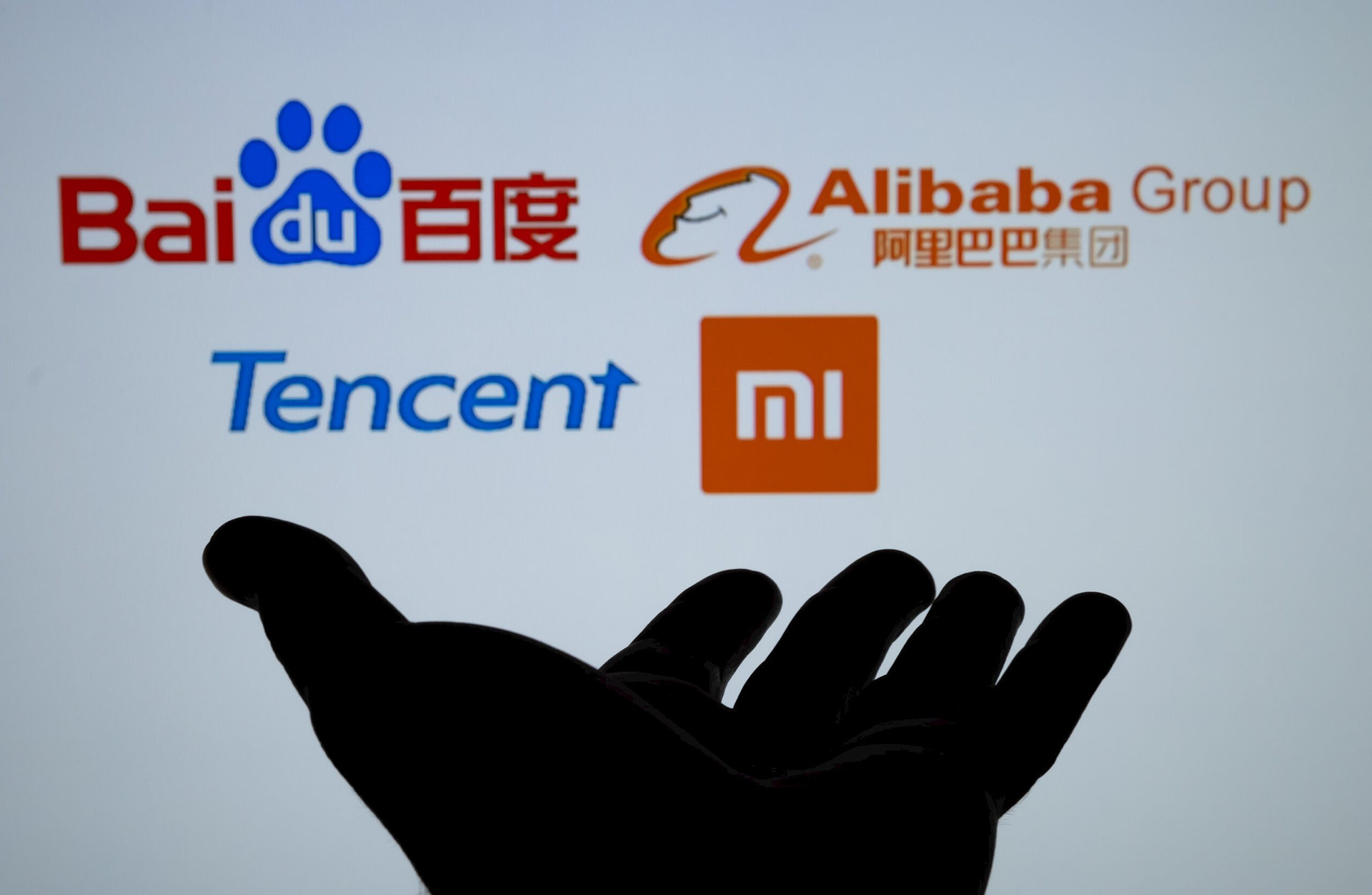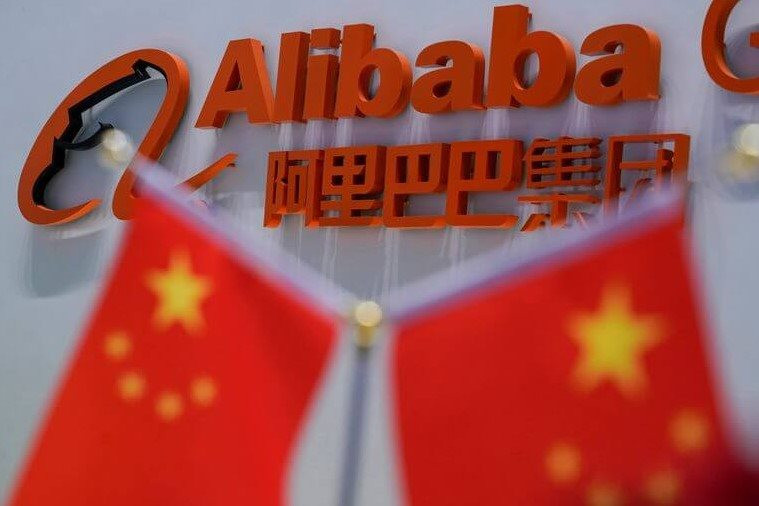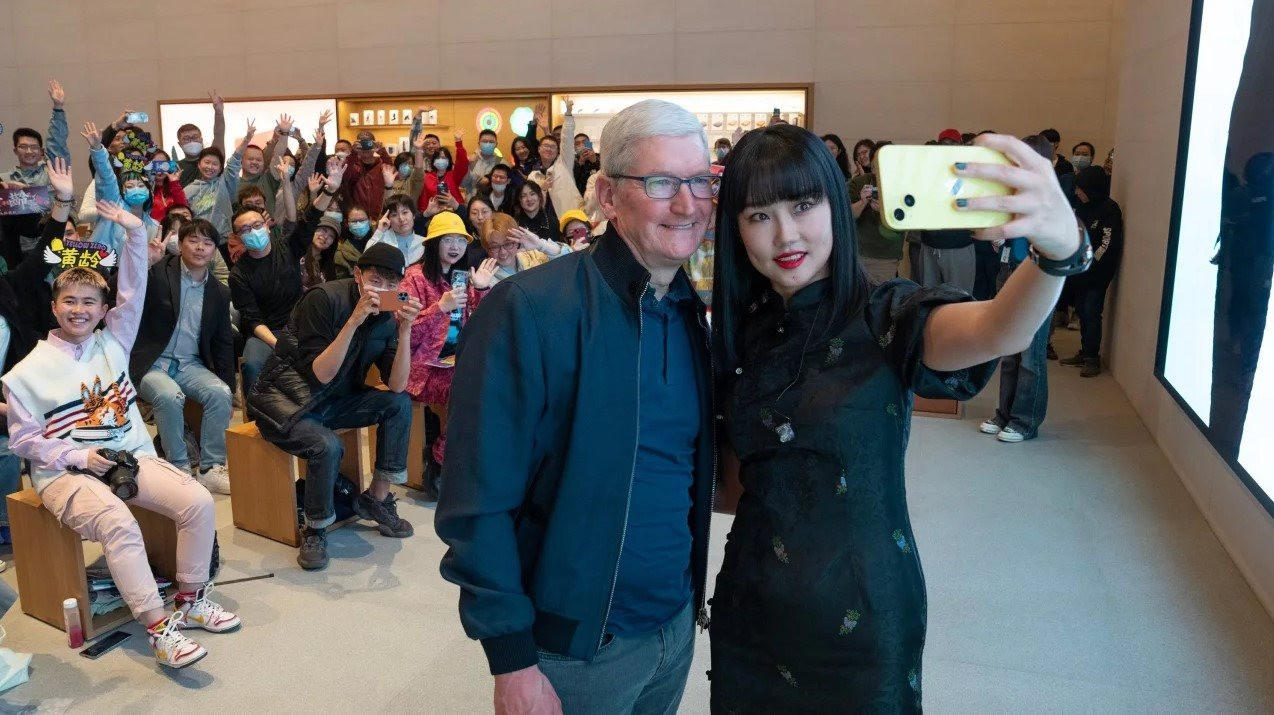Having lost more than 1 trillion USD because of the “headwind”, the Chinese technology giants are about to come to the end of the world.
- Tram Ho

There are signs that China is trying to make up with tech giants like Alibaba.
George Efstathopoulos, portfolio manager at fund management firm Fidelity International, said on CNBC’s “Street Signs Asia” on March 29: “The regulatory headwinds we’ve had for the past two years… now it is turning into a favorable wind.”
On March 28, Alibaba announced a major reorganization, seeking to split its company into six business units, in an initiative “set up to ‘untie’ shareholder interests and promote competitiveness in the market” .
According to CNBC, over the past two years, China has often denounced the “disorderly capital expansion” of technology companies that have grown into large corporations.
Part of Alibaba’s announcement noted that these split businesses can raise capital from the outside and even list shares to the public, and this seems to be going against what North Korea has said. Kinh is worried.
Mr. Efstathopoulos said that this move could show a “green light” from the Chinese authorities.

There are signs that Beijing is trying to make up with tech giants like Alibaba. Photo: chinesewebshop
Jack Ma returns to China
According to CNBC, Alibaba’s restructuring is not the only sign that Beijing may relax its supervision of the technology sector. Jack Ma – founder of Alibaba – made his first public appearance in China in months.
Some say that Jack Ma sparked a campaign of scrutiny of the technology sector that began in October 2020, when the billionaire made comments aimed at China’s financial regulator.
A few days later, Ant Group – a financial technology company affiliated to Alibaba – was forced to delist in both Hong Kong and Shanghai, after the regulator said the company did not meet the requirements for stock listing.
After that, Chinese authorities announced huge antitrust fines against Alibaba and food delivery giant Meituan, as well as introduced a series of regulations in technology areas from data protection. data on how companies might use the algorithm.
The reappearance of Jack Ma in Hangzhou – where Alibaba’s headquarters is located – is seen as another sign of Beijing’s more positive stance towards the tech sector and entrepreneurs.
“Jack Ma appeared in Hangzhou because he was tired of traveling around. I think this is a good move and is in line with the [Chinese] government’s campaign to show that they are easing the pressure on the private sector and are welcoming to the rest of the world.” Stephen Roach – a senior fellow at Yale University (USA) – told CNBC reporter.

Jack Ma – founder of Alibaba – reappears in public in China for the first time in months. Photo: Reuters
The focus is on economic growth
According to CNBC, there have been further signs of Beijing’s loosening of regulations in the past few weeks.
The video game sector will be hit hard in 2021 as authorities become increasingly concerned about “gaming addiction” among young people in China. China’s regulator has “frozen” the approval of new video game releases for several months.
But by this April, authorities began to “green light” for new games, mainly of domestic manufacturers. The video game licensing authority has also approved a series of foreign titles to be released in China.
Meanwhile, Chinese ride-hailing giant Didi – one of the companies hit hard by the strict regulations – has announced plans to expand its business. Didi listed shares in the US in June 2021, but came under scrutiny for cybersecurity by Chinese regulators just days after listing. Eventually Didi had to be delisted from the New York Stock Exchange and moved to a plan to list in Hong Kong.
In recent times, foreign tech executives including Apple CEO Tim Cook and Qualcomm CEO Cristiano Amon have visited China and met with Chinese government officials.

Apple CEO Tim Cook returns to Beijing for the first time since 2019. Photo: Tim Cook/Weibo
According to CNBC, in addition to “warming up” the domestic technology sector, China is also attracting foreign businesses. The country’s economy has struggled over the past two years, partly due to Beijing’s strict COVID-19 prevention policies and tightening regulations. The Chinese government currently sets an economic growth target of around 5% this year.
To get there, experts say, will need the help of private businesses – including the technology sector.
“China is facing both weak economic growth and increasing technological competition from the US. It was a rather difficult situation. So they need the economy to run at full capacity. Tough regulations on big tech platforms make no sense at this point,” Linghao Bao, a technology analyst at Trivium China, told CNBC.
Source : Genk
